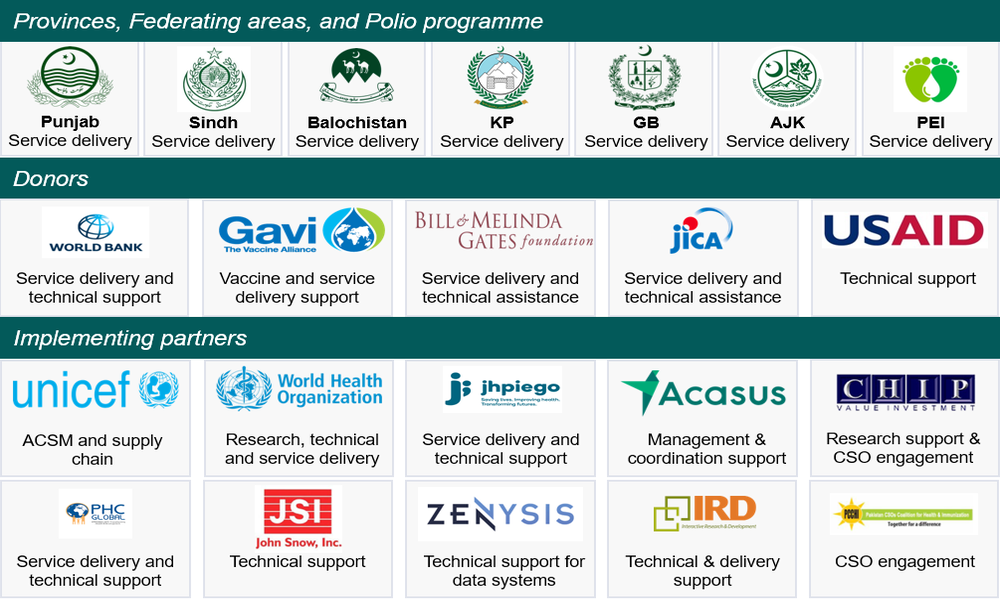On this page
What is Tetanus?
Tetanus is caused by a bacterium called Clostridium tetani. Spores of the bacteria are present in soil and manure and can be picked up through a puncture wound, burn or more serious injury. The bacteria release toxins which act locally at the site of an injury and are then transported to the central nervous system (CNS) where they cause the disease symptoms. Cases occur within four to 21 days of exposure, and most commonly, at about ten days.
What are the symptoms of Tetanus?
Spasms and stiffness of jaw muscles, Stiffness of your neck muscles, Difficulty swallowing, Stiffness of your abdominal muscles, Painful body spasms lasting for several minutes, typically triggered by minor occurrences, such as a draft, loud noise, physical touch or light, Fever, Sweating, Elevated blood pressure, Rapid heart rate
What is the global scenario like?
The World Health Organization (WHO) reported 15,516 worldwide cases of tetanus in 2005, and an estimated 290,000 deaths between 2000 2003 most of these cases occurred in neonates. According to a study done in 2011, neonatal tetanus accounts for 18-38% and 17-22% of all neonatal and infant deaths respectively. Another study done by UNICEF reveals that 58,000 newborn children died because of neonatal tetanus in 2010 alone. These numbers are likely low as many cases are never brought to the attention of health officials because many infants die in rural areas without ever receiving medical help.
What is Tetanus‘s status in Pakistan?
Pakistan is one of the 34 countries that have not achieved the neonatal tetanus (NT) global elimination target set by the World Health Organization (WHO). It is one of the most underreported diseases and remains a major but preventable cause of neonatal and infant mortality in many developing countries.
Various literatures reveal that TT vaccination coverage in Pakistan ranged from 60% to 74% over the last decade. Low vaccination coverage, the main driver for NT in Pakistan, is due to many factors, including demand failure for TT vaccine resulting from inadequate knowledge of TT vaccine among reproductive age females and inadequate information about the benefits of TT provided by health care workers and the media. Other factors linked to low vaccination coverage include residing in rural areas, lack of formal education, poor knowledge about place and time to get vaccinated, and lack of awareness about the importance of vaccination. A disparity exists in TT vaccination coverage and antenatal care between urban and rural areas due to access and utilization of health care services. NT reporting is incomplete, as cases from the private sector and rural areas are underreported.
How do you prevent Tetanus?
Tetanus can be prevented by the administration of tetanus toxoid, which induces specific antitoxins. To prevent maternal and neonatal tetanus, appropriate doses of tetanus toxoid need to be given to the mother before or during pregnancy, and clean delivery and cord care practices need to be ensured.
The vaccine is given in a combined form along with vaccines for diphtheria and Pertussis. This vaccination is also known as DPT (Diphtheria-Tetanus-Pertussis). The vaccine is administered to infants in 5 doses at 2,4,6, and18 months of age and then again when the child is 4-6 years old, followed by a booster dose every 10 years. It is recommended that pregnant women receive the tetanus toxoid between 27 and 36 weeks of pregnancy.









